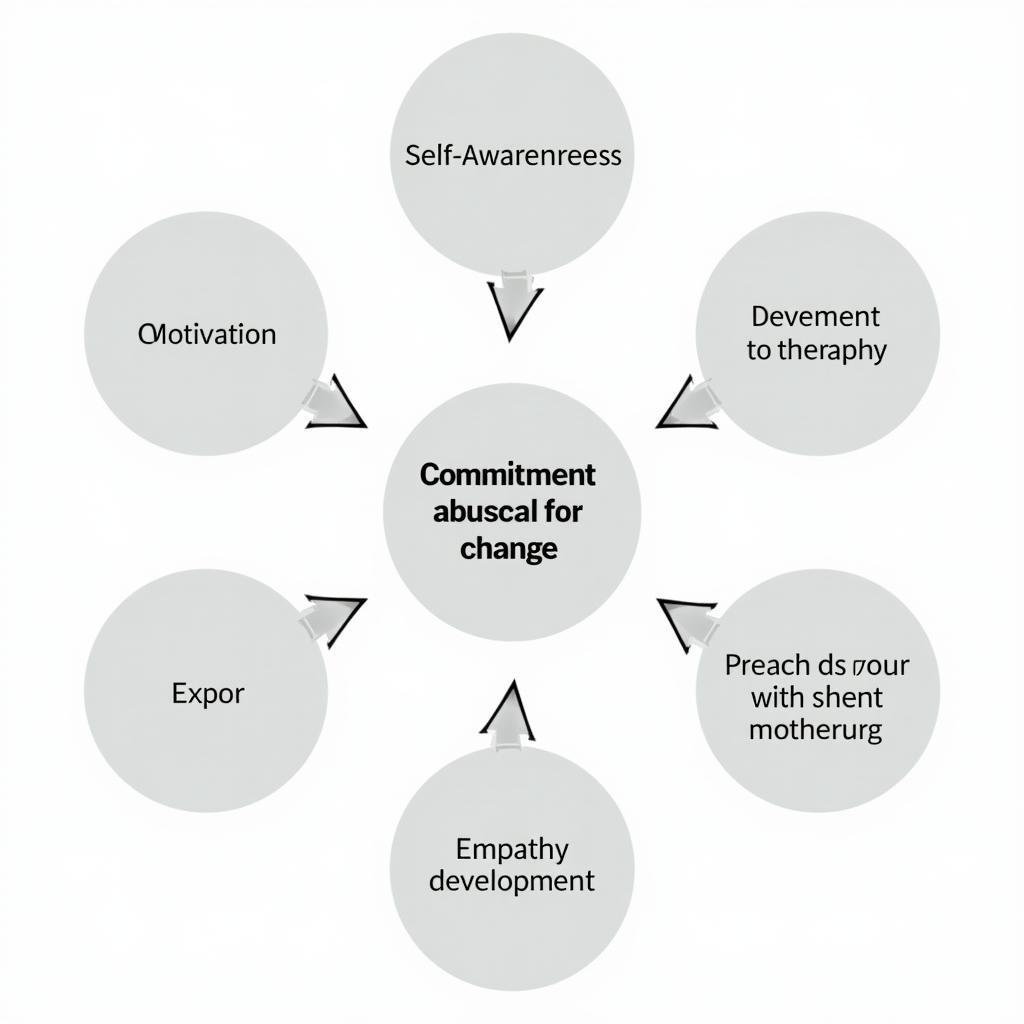
Can Emotional Abusers Change?
- AmazoniaSilva
- Tháng 1 24, 2025
- Zodiac signs
- 0 Comments
Can Emotional Abusers Change? This is a complex question with no easy answer. Understanding the dynamics of emotional abuse and the potential for change is crucial for both those experiencing abuse and those who may be perpetrating it.
Understanding Emotional Abuse
Emotional abuse involves a pattern of behaviors designed to control, manipulate, and diminish another person’s self-worth. It’s often subtle and insidious, making it difficult to identify. Unlike physical abuse, the scars are invisible, yet the impact can be devastating. Common tactics include constant criticism, humiliation, gaslighting, isolation, and threats. These tactics erode the victim’s confidence, creating a sense of dependence on the abuser.
Can Abusers Change Their Behavior?
The potential for change exists, but it’s rare and requires significant effort from the abuser. It’s not enough to simply say they’ll change; they need to actively engage in long-term therapy and demonstrate genuine remorse. Change requires deep self-reflection, acknowledging the harmful impact of their actions, and developing empathy for the victim. It’s also important to distinguish between genuine change and manipulative tactics designed to keep the victim trapped in the abusive cycle.
What Factors Influence Change?
Several factors influence an abuser’s potential for change:
- Self-Awareness: The abuser must recognize their abusive patterns and take responsibility for their behavior.
- Motivation: Genuine motivation to change, driven by internal desire rather than external pressure, is essential.
- Commitment to Therapy: Long-term therapy is crucial to address underlying issues and develop healthier coping mechanisms.
- Empathy Development: Developing empathy for the victim and understanding the impact of their actions is a key component of change.
- Support System: A supportive environment that encourages accountability and healthy behavior can aid in the process.
 Factors Influencing Change in Emotional Abusers
Factors Influencing Change in Emotional Abusers
Signs of Genuine Change
True change is a long-term process, not a quick fix. Look for consistent changes in behavior over an extended period. Genuine remorse, taking responsibility without making excuses, and a commitment to making amends are positive indicators.
- Consistent efforts to change behavior: Not just words, but sustained action.
- Taking responsibility without blaming the victim: Acknowledging their own actions and the harm caused.
- Respecting boundaries: Demonstrating respect for the victim’s space, feelings, and decisions.
- Showing empathy and remorse: Understanding and feeling sorrow for the pain they’ve caused.
“Genuine change is demonstrated through consistent action and a deep commitment to personal growth,” says Dr. Sarah Miller, a licensed psychologist specializing in interpersonal relationships. “It’s not about quick fixes or empty promises, but a sustained effort to break free from harmful patterns.”
Focusing on Your Safety
Whether or not an abuser can change, your priority should be your own safety and well-being. Seeking support from friends, family, or a therapist can help you navigate this challenging situation. Remember, you deserve to be treated with respect and kindness.
Conclusion
Can emotional abusers change? The potential exists, but it’s a challenging and often lengthy process. While it’s possible for some abusers to change, it’s important to prioritize your safety and well-being. Remember, you are not responsible for their behavior. Focus on healing and rebuilding your life, whether or not the abuser chooses to change.
FAQs
- What are the signs of emotional abuse?
- How can I leave an emotionally abusive relationship?
- Where can I find support for emotional abuse?
- Can therapy help someone who is emotionally abusive?
- What are the long-term effects of emotional abuse?
- How can I rebuild my self-esteem after emotional abuse?
- Is it safe to stay in a relationship with an emotionally abusive partner if they promise to change?
For further support, please contact us at Email: [email protected], address: Fifth Avenue, 34th Floor, New York, NY 10118, USA. We have a 24/7 customer support team.

